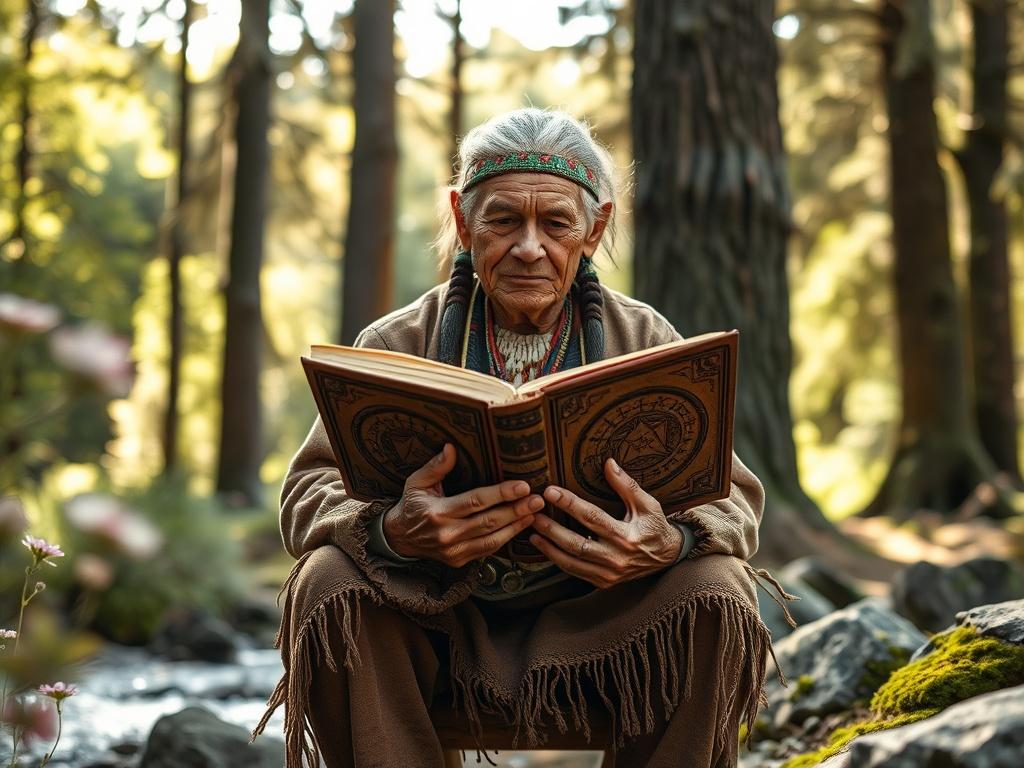
Storytelling has long been a vital component of Native American culture, serving not just as entertainment but as a means to convey history, values, and knowledge. Through vibrant narratives, elders impart lessons learned over generations, creating a rich tapestry that reflects the unique identity of each tribe. This artistic tradition transcends time, enabling individuals to connect with their ancestors' experiences while fostering a deeper appreciation for their heritage. Explore how storytelling serves as a bridge between past and present, enriching our understanding of Native American culture and its teachings.
As we delve into the art of storytelling, we will uncover the ways in which these shared narratives connect generations, offering insights into the beliefs, struggles, and triumphs that have shaped Native American life. Each story acts as a thread, weaving together the past with the present and ensuring that the wisdom of earlier generations remains alive and relevant today. By embracing these storytelling traditions, we not only honor the rich cultural legacy of Native American communities but also enhance our own understanding of the world around us. Join us on this journey to appreciate the transformative power of storytelling in uniting hearts and minds across time.
Understanding the role of storytelling in Native American culture
Storytelling serves as a vital thread woven into the fabric of Native American culture, carrying deep meanings and lessons across generations. Elders pass down traditional narratives, often referred to as oral histories, that encapsulate the beliefs, values, and experiences of their communities. These stories go beyond mere entertainment; they function as a means of preserving language, fostering identity, and instilling core principles that guide behavior and decision-making. Through intricate narratives, Native Americans convey their connections to the land, ancestors, and the spirit world, creating a rich tapestry that binds community members together.
The significance of storytelling in Native American culture extends beyond individual tribes and into a broader context. Each narrative embodies unique cultural expressions while revealing universal themes that resonate with audiences of all backgrounds. By actively engaging in the art of storytelling, Native American cultures challenge listeners to reflect on their own experiences and forge a sense of empathy. In this way, storytelling not only nurtures cultural heritage but also bridges the gap between listeners and the stories of their ancestors, ensuring the wisdom of the past continues to enrich the present and future.
Bridging generations: How stories connect past and present
Storytelling acts as a powerful link between generations, allowing cultures to preserve their history, values, and teachings. In Native American culture, stories serve as living repositories of wisdom that are shared through oral traditions. Elders often recount tales of ancestral heroes, spiritual lessons, and significant events, ensuring that younger generations understand their roots. This practice not only keeps the cultural heritage alive but also fosters a sense of belonging, as the sharing of stories creates a communal bond that transcends age. As young listeners absorb these tales, they become part of an unbroken chain that ties them to their ancestors.
Moreover, storytelling facilitates a dialogue between past and present, helping individuals navigate their contemporary lives while remaining anchored in their cultural identity. As stories evolve with each telling, they adapt to reflect current circumstances and challenges that Native American communities face today. This dynamic aspect of storytelling encourages critical thinking among youth, who learn to draw parallels between historical narratives and their own experiences. By exploring themes of resilience, respect, and community, these stories empower the next generation to honor their heritage while actively shaping their future, thus reinforcing the timeless relevance of Indigenous narratives in modern society.
Enriching our understanding through storytelling traditions
Storytelling traditions in Native American culture serve as crucial conduits for knowledge and wisdom, enhancing our appreciation of the diverse experiences that shape this community. Elders often pass down stories that encapsulate essential life lessons, moral values, and historical events, allowing younger generations to grasp their cultural identity. These narratives provide context for the community’s relationship with the land, its resources, and its spirituality. By actively engaging with these stories, listeners not only entertain themselves but also participate in a communal experience that connects them to ancestors and the ethos that defines their heritage.
Furthermore, storytelling fosters empathy and understanding among different generations and cultures. As tales unfold, they invite listeners to step into the shoes of characters who have navigated challenges, celebrated victories, and faced tragedies. This immersive experience encourages individuals to reflect on their own lives and see parallels with those from different backgrounds. By exploring these shared human experiences through storytelling, we cultivate a greater respect for the complexity of Native American culture while also recognizing the universal themes that resonate across communities. In this way, storytelling not only preserves cultural legacy but also fosters dialogue and connection in an ever-evolving world.